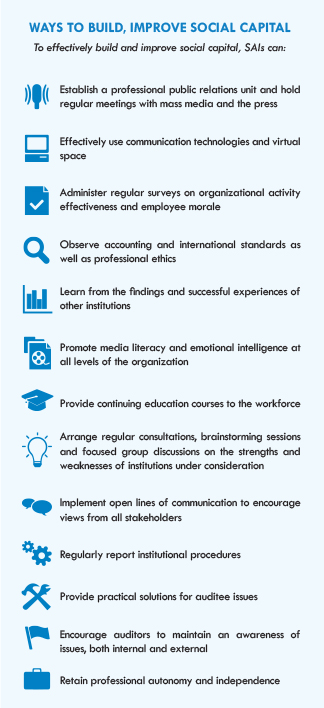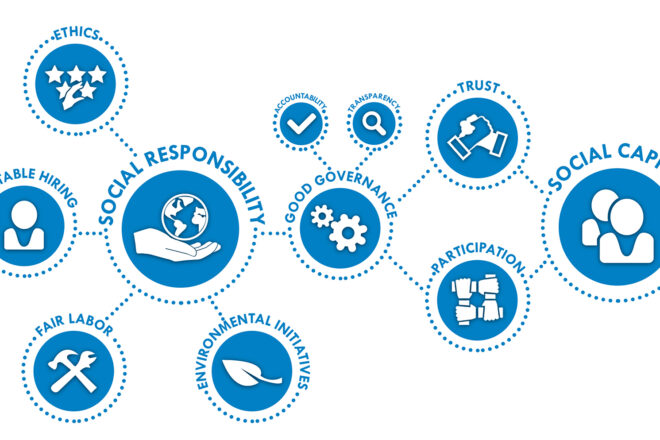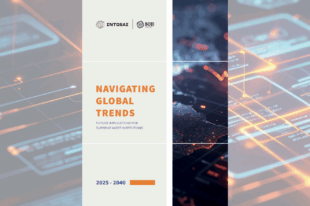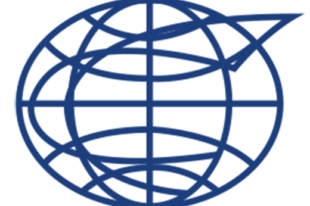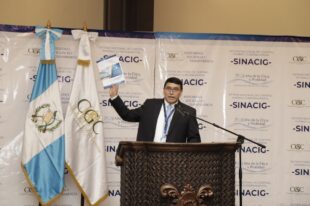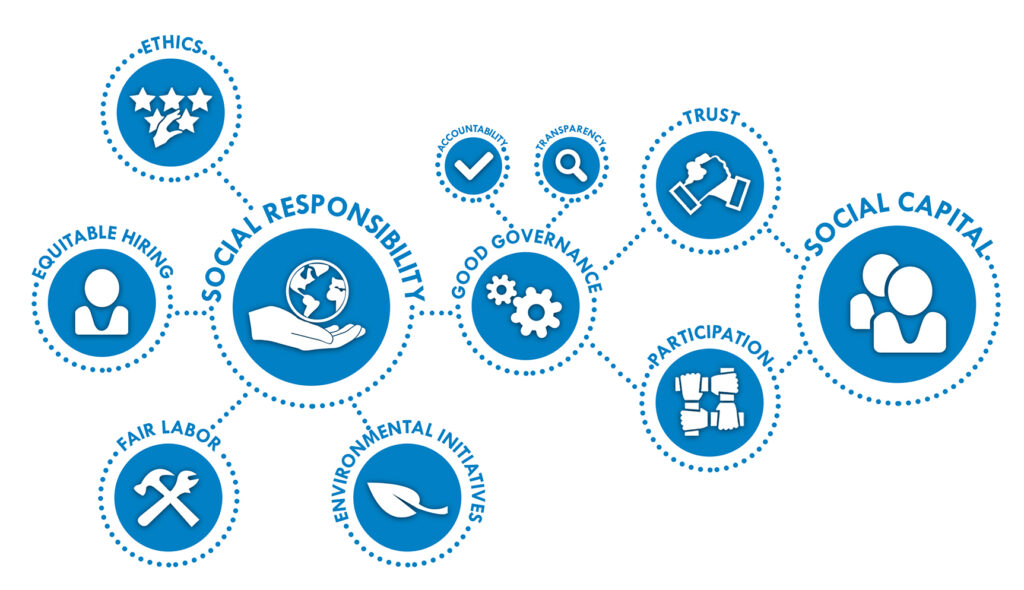
by Hassan Khosravi, Supreme Audit Court of the Islamic Republic of Iran
Social responsibility refers to the set of activities organizations voluntarily engage in as effective, productive members of society.
Social responsibility helps maintain or improve environments in which organizations operate and includes such practices as ethical management, equitable hiring, fair labor polices and conscientious environmental initiatives—all of which result in positive contributions to the lives of citizens.
For SAIs, as representatives of citizens in evaluating and monitoring government expenditures, social responsibility is demonstrated through audit work quality and performance in a manner that satisfies public opinion and contributes to government accountability and transparency (the main components of good governance). In this way, SAIs strengthen public confidence, which helps promote social capital, the “norms or values that strengthen social cooperation based on actual social relations.”
Most studies on social capital have focused on a country (or its regions). Generally measured by a population’s civic engagement or level of trust, conclusions indicate the higher a nation’s social capital, the higher its economic growth.
Some research has shown social capital to be particularly beneficial during times of crisis, as organizations with strong social capital positions have earned stakeholder trust (social capital’s inner layer), thereby enriching participation (social capital’s outer layer). Given this, social capital should be considered equally as important as physical, human and intellectual capital.
Encouraging Trust
Ethics have a significant impact on human activity, and investing in social responsibility can positively impact social capital by promoting self-control. Self-control—founded on trust, ethics and values—requires an organization’s full commitment to ensure the ethical culture is one that facilitates internal relationships and encourages trust by increasing a climate of understanding and reducing conflict among groups and individuals.
Properly managing workplace ethics also promotes legitimacy of managerial practices, improves cultural integrity and balance, enhances teamwork and enriches performance (as individuals who have positive perceptions and judgments about the organization for which they work are likely to be more creative and productive).
Expanding Participation
People—as audiences, customers, and consumers—follow organizational performance and are entitled to an awareness of organizational activities, such as fully understanding the extent to which the institution operates using good governance. Thus, continuous reporting inspires confidence in the institution and can increase public participation. If public participation expands broadly, social capital promotion can lead to greater value for citizens, improved per capita income and exponentially increased well-being.
The auditing profession is highly qualified to manage SAI social responsibility efforts aimed at improving social capital. To expand participation on a global level, the International Organization of Supreme Audit Institutions can consider establishing a working group focused on social responsibility and social capital, particularly as organizations with high levels create sustainable competitive advantages by infusing new ideas and increasing the capabilities to understand and deploy them.
Enhancing Social Responsibility and Social Capital
Increasing social responsibility enables SAIs to create value, initiate innovation and generate productivity. Promoting social capital through social responsibility efforts benefits all.
